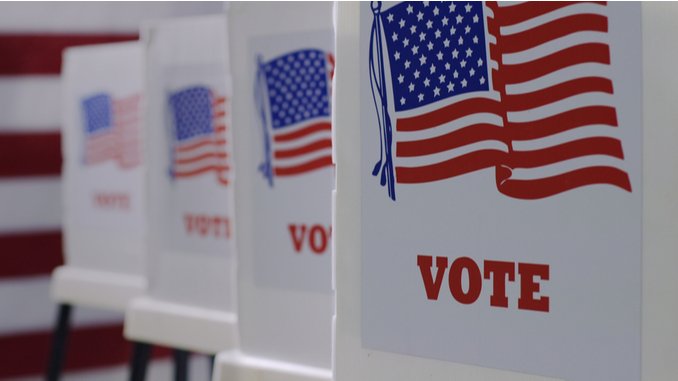ballot guide
Common Sense Institute Unveils Essential Ballot Guide for Arizona Voters

An Arizona think tank has published its comprehensive ballot guide for upcoming local and statewide propositions ahead of the November General Election.
Last week, the Common Sense Institute Arizona outlined critical information regarding Scottsdale Proposition 490, Glendale Proposition 499, Proposition 138, and Proposition 312. This report aims to equip voters with insightful analysis in a year where the ballot is expected to be particularly lengthy.
“Arizonans will encounter one of the most extensive ballots in recent history,” remarked Katie Ratlief, Executive Director of the Common Sense Institute. “Our goal is to serve as a reliable source for voters seeking factual data and its implications on jobs. We trust that this guide will aid informed decision-making for the 2024 elections.”
Scottsdale Proposition 490 proposes a 0.15% transaction privilege and use tax, which would help fund city parks and preserves. The institute notes that while the proposed tax is small in scale, its economic effects are challenging to evaluate. Voters must decide if a new $30 million annual sales tax is warranted to preserve popular local parks.
Glendale Proposition 499 aims to establish a $20 minimum wage for certain hotel and event center workers and imposes cleaning limitations for room attendants. According to CSI, if passed, this measure could significantly impact Glendale’s economy. Over time, facilities could relocate outside the city due to increased operational costs, threatening local job security.
Proposition 138 seeks to amend the minimum wage credit for tipped workers. This initiative would adjust the credit from $3 per hour to 25% of the current statewide minimum wage, given that workers earn at least $2 above the minimum in combined wages and tips. This change aims to sustain higher employment levels in related industries by offering a more adaptable wage structure.
Proposition 312 allows property owners to seek tax refunds if local authorities fail to enforce laws around public nuisances such as illegal camping or substance use. CSI highlights that while property crimes and public disturbances are rising, the effects of these issues vary significantly across different areas, placing a disproportionate burden on specific communities.
The ballot guide includes essential facts for each proposition, equipping voters with the necessary context to delve deeper into the significance of these measures.
















